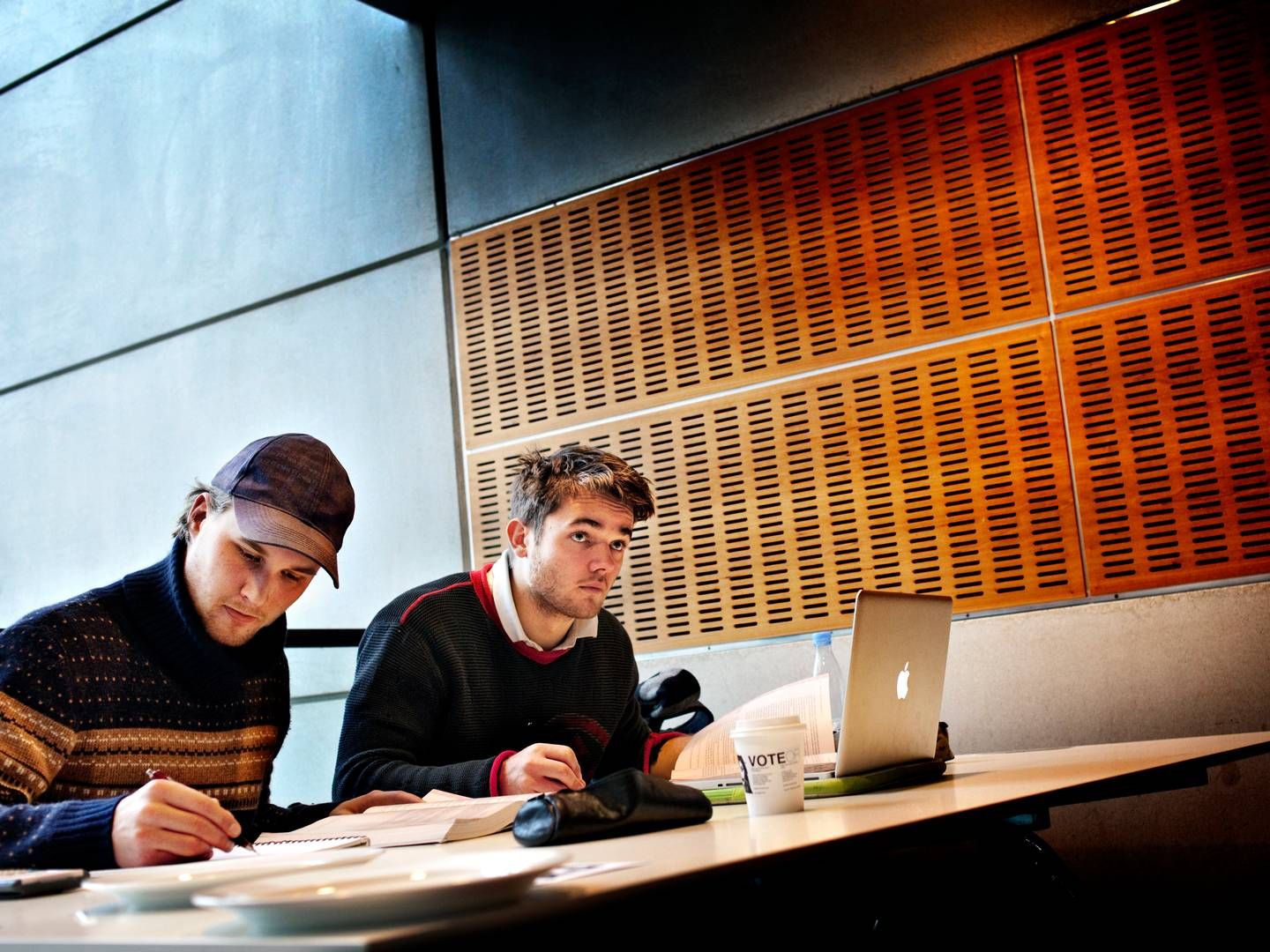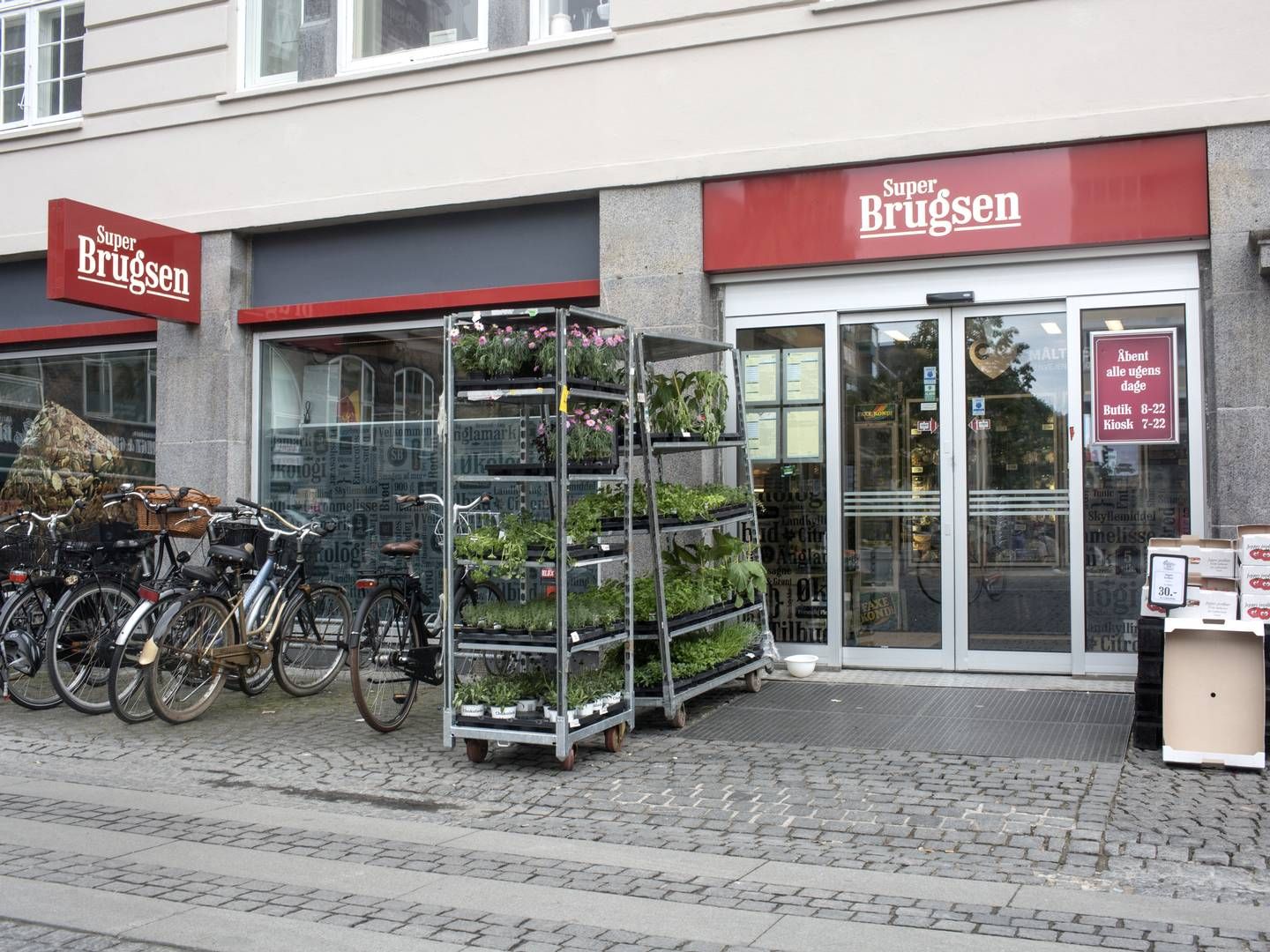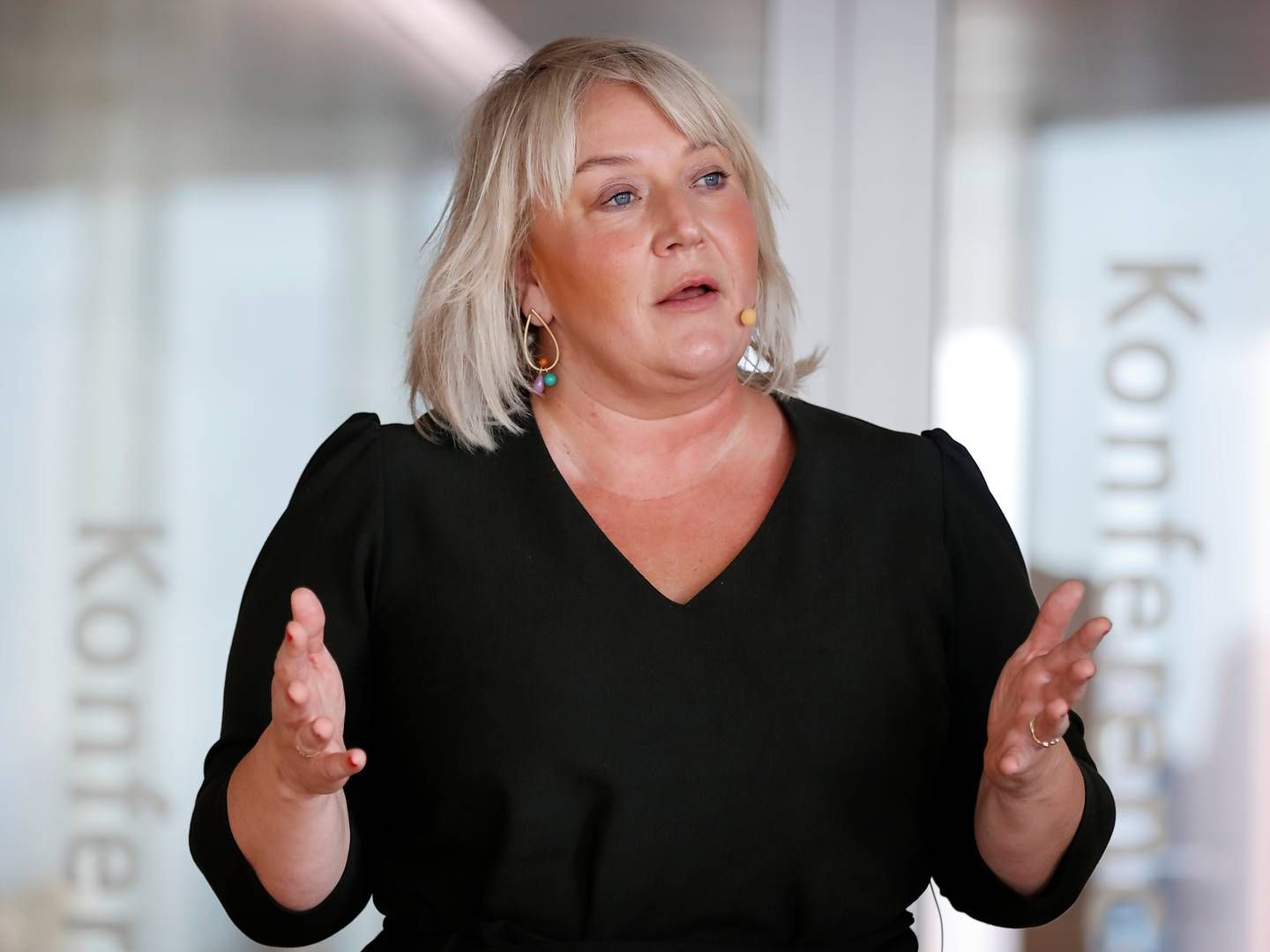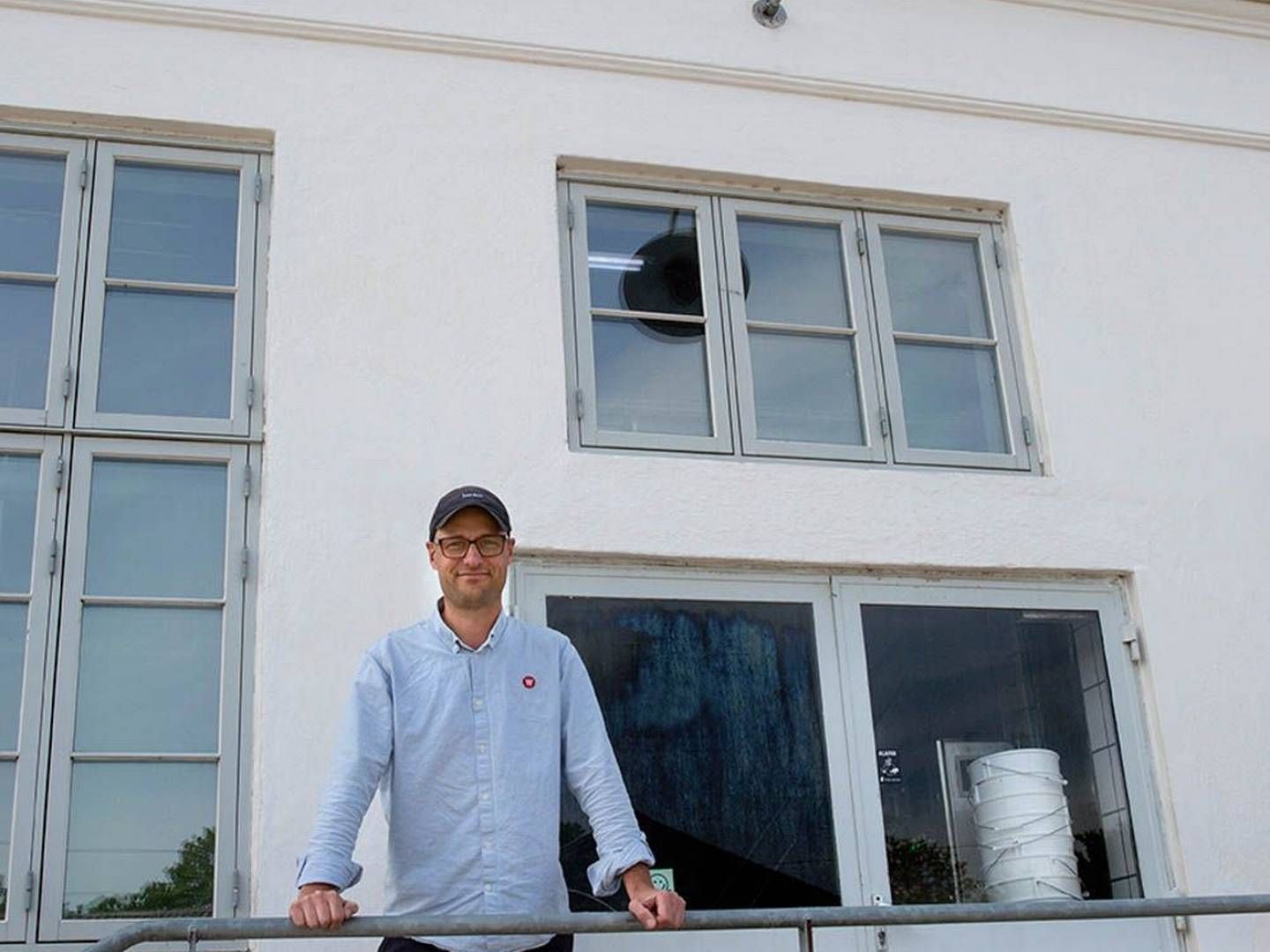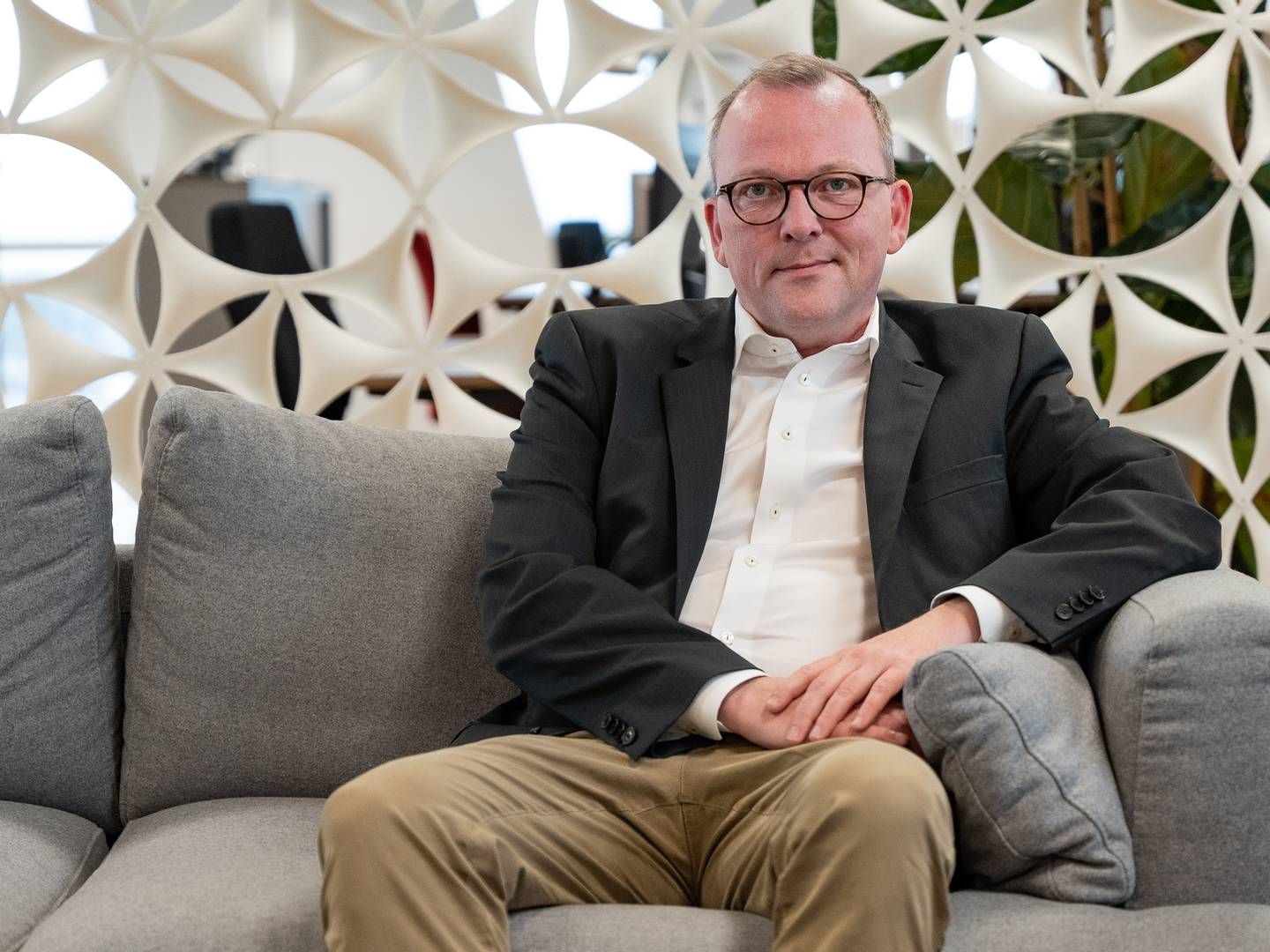The Nation of Social Innovation
Traditionally it has been the predominant task of companies to create shareholder value while it was the government’s role to address social problems. However, in recent years business has emerged an important motor of social change. A small number of innovative and entrepreneurial firms are repositioning
A recent example of the new crop of Danish social entrepreneurs are Mads Kjær and Tim Vang. The two have founded www.MyC4.com, an online platform that aims at eradicating poverty. MyC4 allows private citizens to invest money in small African businesses, thus bringing microfinance to the fingertips of the individual investor. Only eight months after its launch the website has already attracted a million Euros from investors all over the world.
Over 600 entrepreneurs in
Investors receive on average 10.9% interest on their money. It is this focus on social impact paired with a sustainable business model that differentiates MyC4 from traditional Danish development organizations such as Danida or Red Barnet.
Traditionally development activists lobby politicians to provide more development aid to poor countries and blast multinationals they perceive to exploit smallholder producers in underdeveloped countries.
However, the growing success of Max Havelaar Fonden is another example of successful social innovation. Fair trade has a strong developmental motivation, wanting to help disenfranchised and self-employed smallholders to develop capabilities for accessing lucrative markets at prices that allow them a sustainable livelihood. Its primary instrument is the manipulation of trading relationships through three main tools:
· A minimum price, which will always be paid even if the world market price falls below this point, and a price premium of a given percentage, which is paid when the world market price rises beyond the minimum price.
· Pre-financing of ordered produce to allow smallholders to buy raw materials.
· Training in quality control and marketing know-how to build the capacity to also trade on the world market independently of fair trade.
From a minor concern relevant only to church groups and One World shops Max Havelaar Fonden has grown fair trade into a lucrative business taking up shelf space in major supermarkets.
Among the list of Danish firms offering fair trade products certified through Max Havelaar Fonden are retailers such as Coop and Netto, as well as Danisco, Toms, Nestlé Denmark, Ben&Jerry’s, Estate Coffee, Dr. Oetker, Frellsen Kaffe, Hansen Flødeis, Naturkost, Starbucks, and Urtekram.
A third example for social innovation concerns Hertz Delebilen, the Danish Car-Sharing company. Private car-ownership can be a costly form of individual mobility. It binds a substantial amount of capital and causes the owner recurring annual costs for taxes, insurance, and maintenance. However, most of the time cars sit around idle taking up scarce parking space.
When used they cause air pollution, noise, traffic congestion and accidents. Thus demand emerged for more efficient solutions, linking sporadic car use with public transport. The unique attributes of Delebilen are a focus on short-term rental (cars are available for as short a time as one or two hours), and decentralized availability of cars (clients often live within walking distance of a car-sharing location). Delebilen has vehicles in eleven Danish cities as well as at Kastrup and
The Ingredients of Social Entrepreneurship
Social purpose business ventures as the three examples described here are hybrid enterprises straddling the boundary between the for-profit business world and social mission-driven nonprofit organizations. Thus they do not fit completely in either sphere. In order to keep their balance these social enterprises need to discover and exploit opportunities to create both social and economic value. There are two important levers through which social purpose business ventures can create and exploit entrepreneurial opportunities. These are Activism and self-help.
Activism.
One source of social entrepreneurial opportunity is activist interference in the market place. Activists aim to influence politicians and managers through mostly confrontational and sometimes cooperative campaigns. Yet, upon realizing that they may best meet their goals through the support of social purpose enterprises, some activist groups have begun to explore that route more systematically. Activists can help social purpose businesses in two ways:
· Firstly, development activists provide legitimization in the market place for organisations such as MyC4 or Max Havelaar. Implicit or explicit endorsement from development organizations has helped to make fair trade a product distinction that customers trust. At the same time activist campaigns have put industry incumbents like Kraft, Nestlé, Procter&Gamble, and Sara Lee on the spot.
· Secondly, activists in church groups, development initiatives, or local citizen committees provide free marketing and distribution to fair trade enterprises. Knocking on doors, staging boycotts outside local retailers until they list fair trade products, and spreading news by word of mouth all provide invaluable free marketing to these budding businesses. Similarly news about MyC4 has travelled via networks such as Social Edge or the U.N. Millenium Development goals.
Activism provides social enterprises with a set of social entrepreneurial opportunities primarily by making the key assets of activist groups available to the social enterprise. For budding social venture start-ups these resources can make the difference between survival and failure. However, activism-driven social enterprises are also at risk since public pressure groups usually have a short attention span. They operate in a world of campaigns and thus, ultimately, media attention. As soon as social enterprises become established, activist groups begin to lose interest: they are not in the institution building business.
Self-help.
The beneficiaries of the social enterprise are a second source of social entrepreneurial opportunity. Usually beneficiaries of social initiatives would be expected to be powerless. Why else would they need support and protection from social enterprises? However, often the needy can pull themselves up given the opportunity. Thus, roping the beneficiaries into the business can be another source of opportunity for social enterprises; they can provide the enterprise with valuable resources. Take the example of microfinance. A primary asset of MyC4 is the willingness of its African entrepreneurs to help themselves given the availability of some start capital.
Car-sharing is another phenomenon taking on market incumbents by leveraging on its clients. This type of social enterprise has grown out of the desire of a small number of people to share their vehicles. These people were critical about car ownership from an ecological point of view, but still had an occasional need to use a car. Starting as an informal self-help network founded by a handful of people, car-sharing organizations have mushroomed all over
Social enterprises, drawing on self-help as a source of entrepreneurial opportunity, find this reflected in three primary categories.
Firstly, beneficiaries are a source of cheap and patient capital. While the individual contribution of each participant is small, the aggregate result can be considerable.
Secondly, recipients can provide cheap access to labor. They can also knock on doors and get the word out. In contrast to activist driven enterprises, beneficiaries bring the additional advantage of being the social enterprise’s clients. Thus their message will be perceived as more objective than that of a political activist.
Thirdly, self-help enterprises can be sure of their clientele. Where commercial operators might lose frustrated clients, the customers of social enterprises have a higher level of patience. This is essential as they are often figuring out their business model on the fly. At least initially, this may result in lower quality products.
A drawback for self-help inspired social enterprises lies in their inertia. Here they are the exact opposite of activist enterprises. Having grown out of a very specific need of their beneficiaries, self-help enterprises will tend to stick to the interests of these recipients, even when it would make sense to employ the resources of the social enterprise in new regions or to address new target groups.
Conclusions
In the developed world multinational companies are increasingly faced with maturing and highly competitive markets. Social Entrepreneurship offers the opportunity to break out og this frame. It creates new market space that offers both economic and social value. Driving corporate social innovation requires the willingness to take risks in new and untested business areas. However, when successful, social purpose business ventures offer sustainable growth opportunities. A key requirement for successful innovation is a shift in perception from seeing activists as opponents and beneficiaries as powerless receivers of donations. Both can actually be forceful partners in building Denmark into a Social Innovation Nation.








